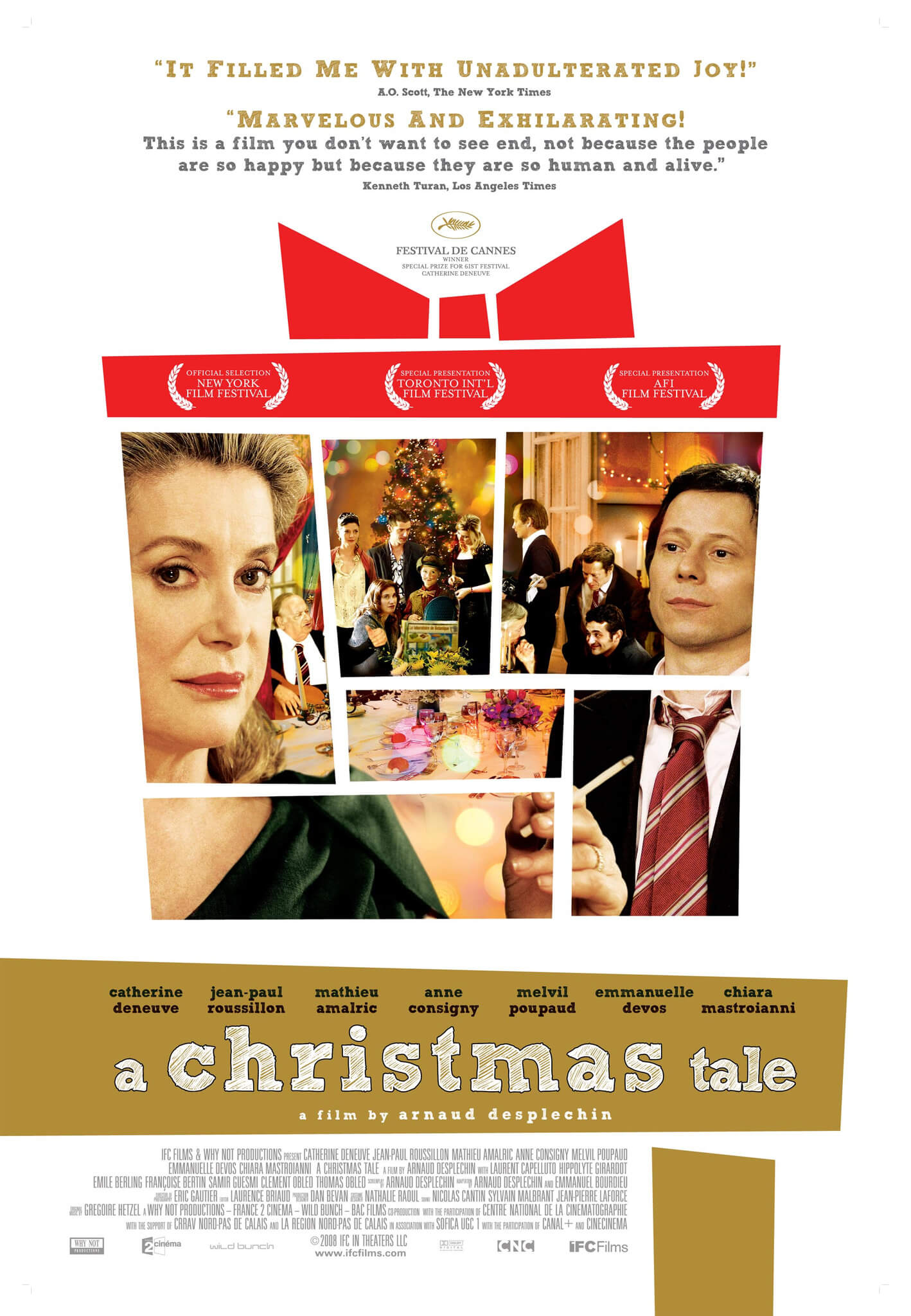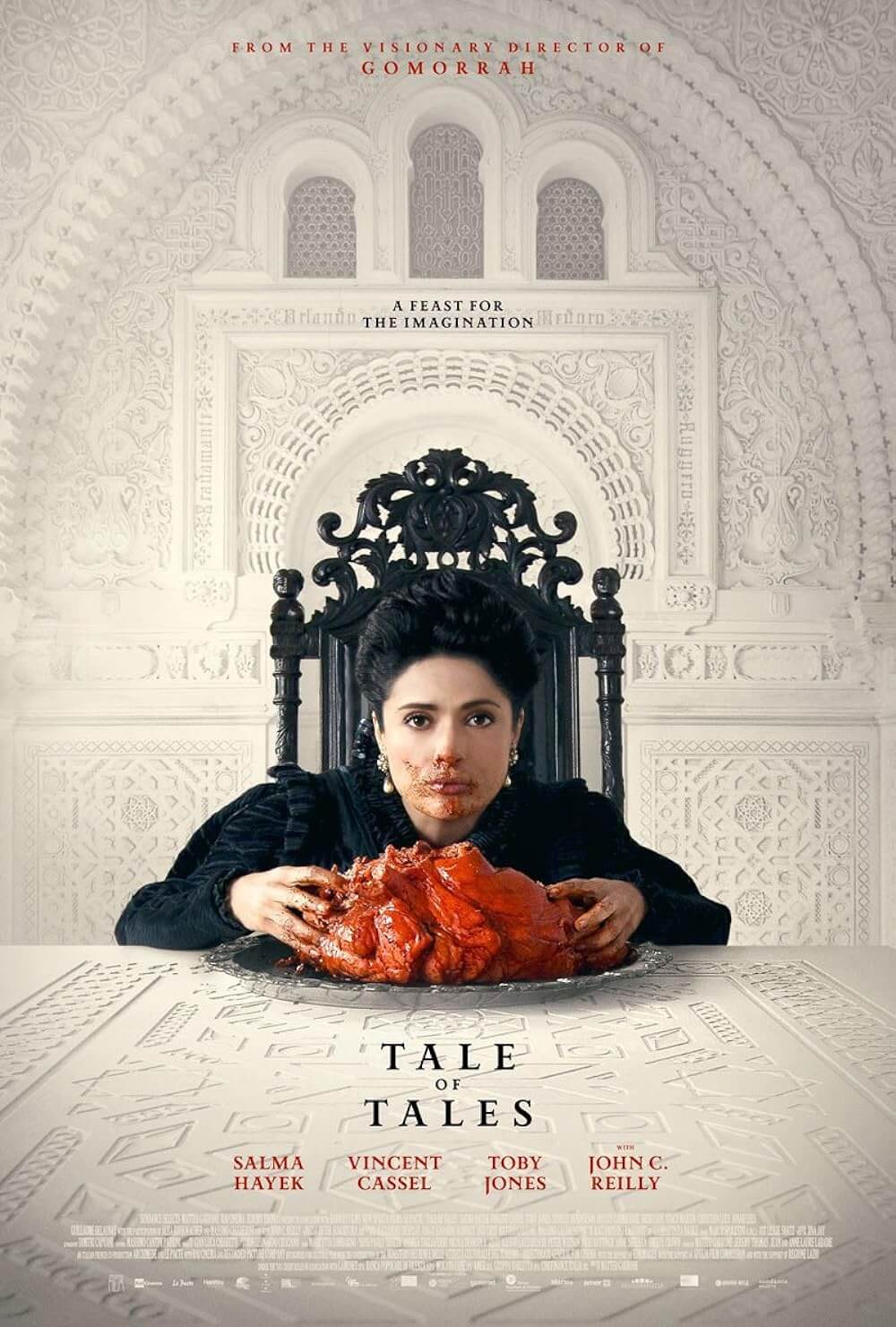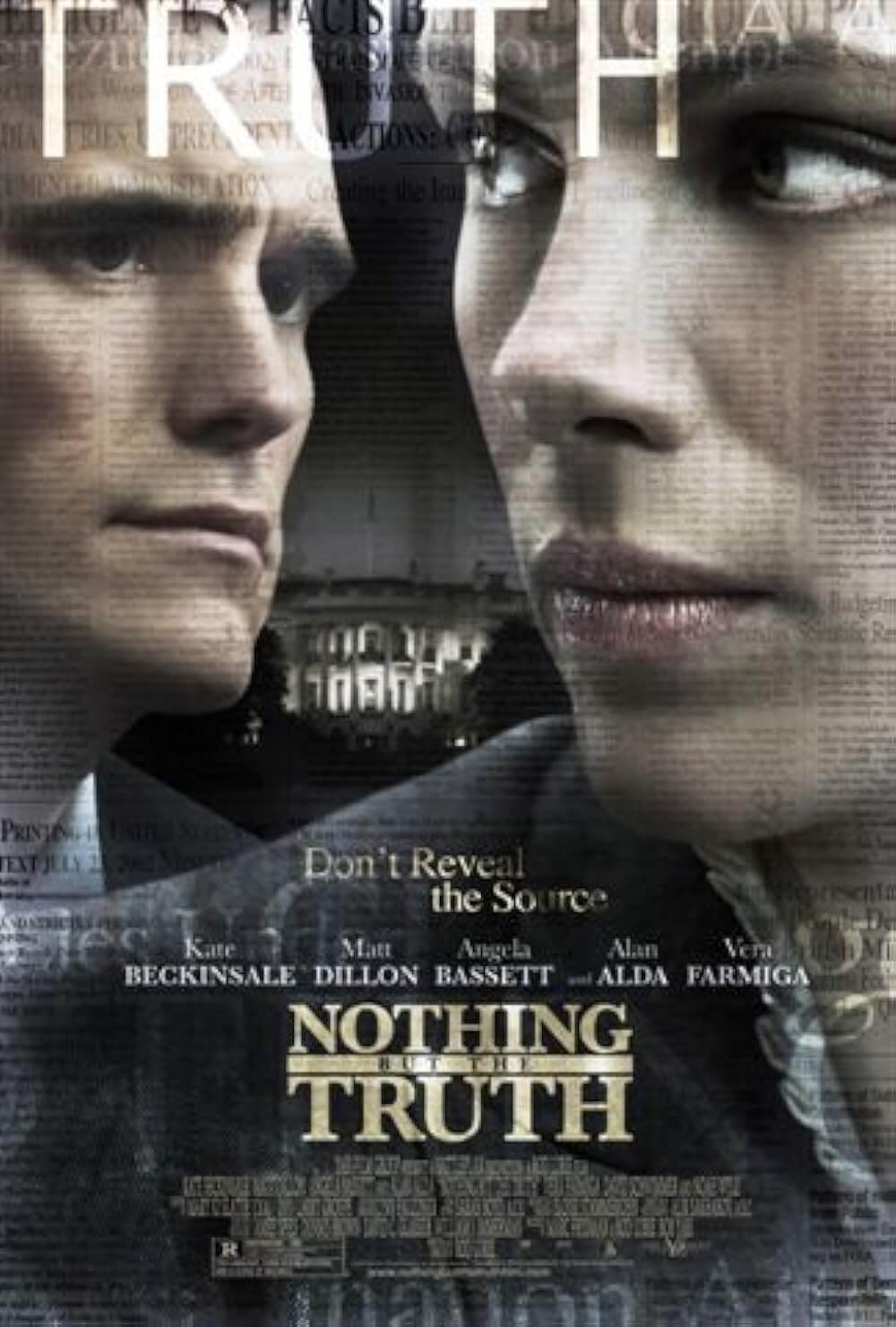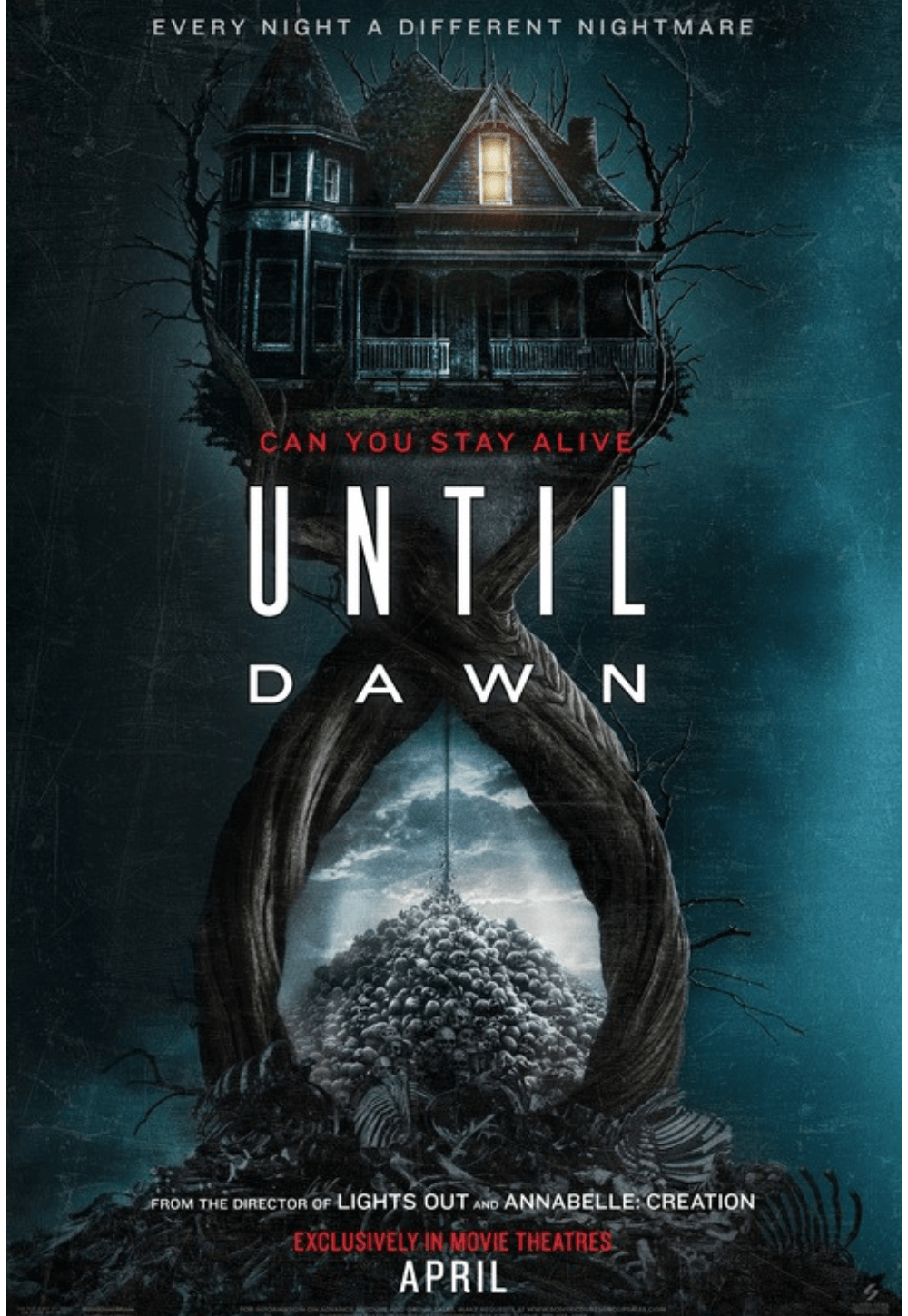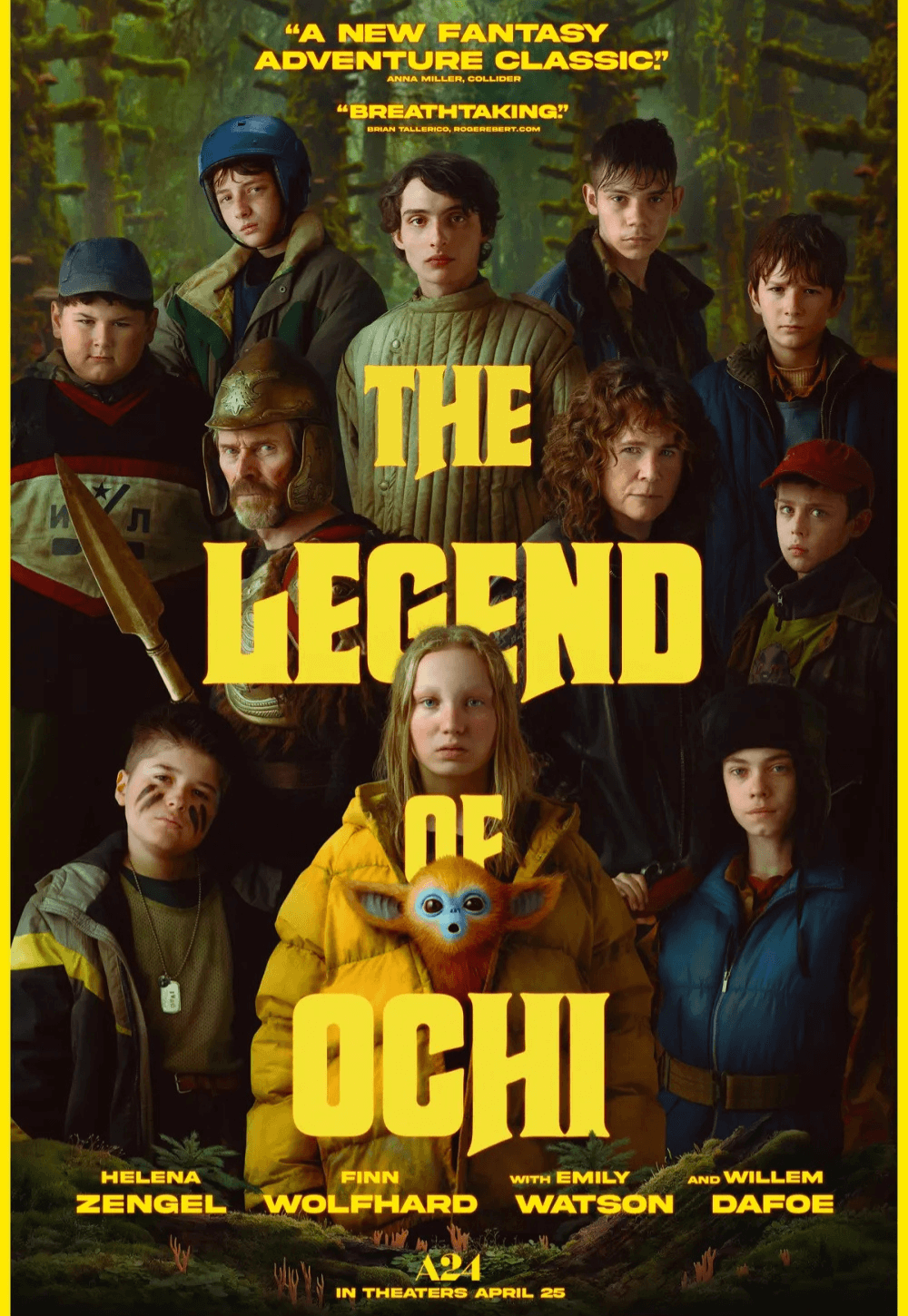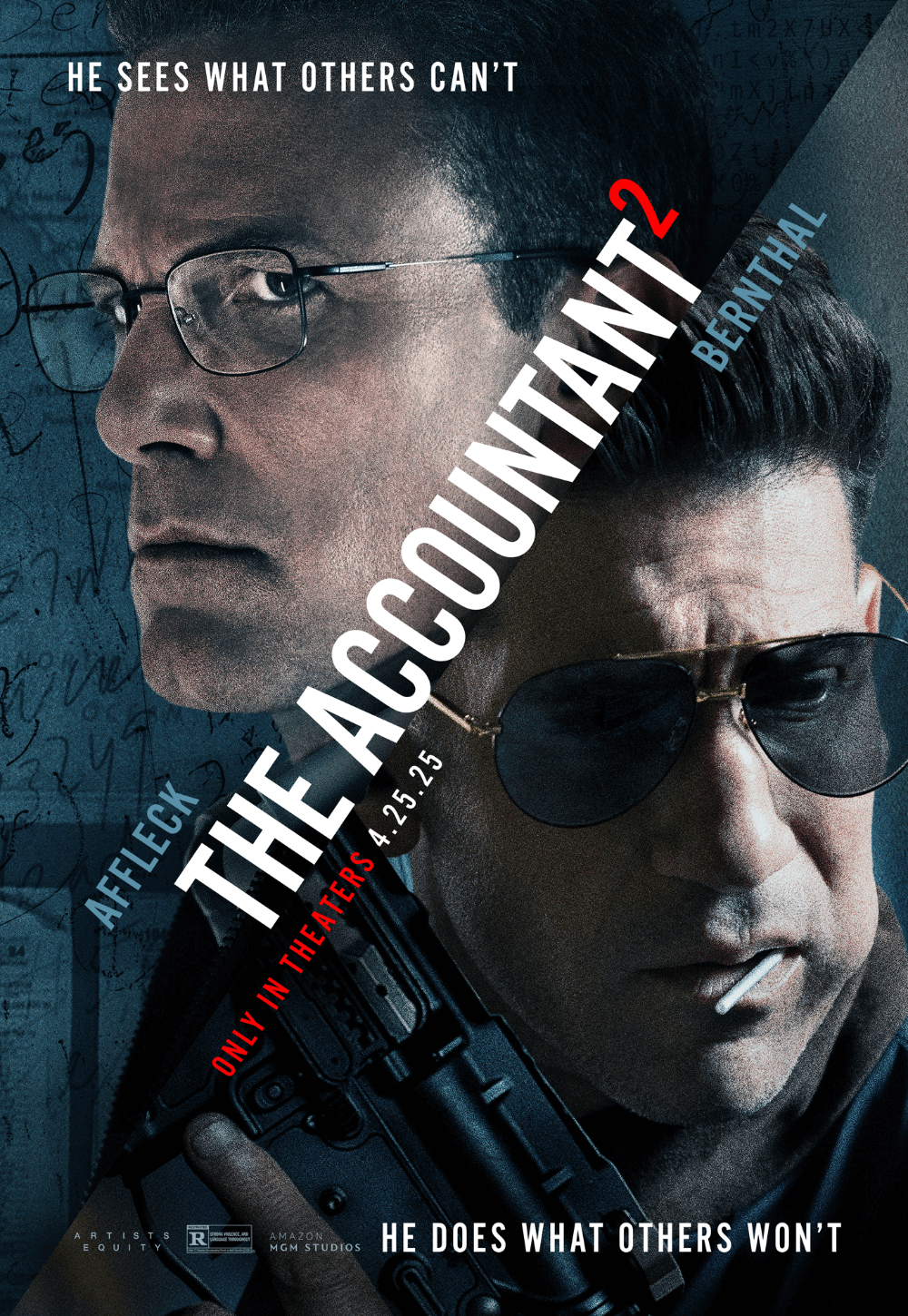Short Takes

The Outrun
By Brian Eggert |
Director Nora Fingscheidt’s film of Amy Liptrot’s 2016 memoir, The Outrun, showcases Saoirse Ronan’s considerable talent. Ronan plays a fictionalized version of the author, named Rona, who returns from London to her childhood home in Orkney, a Scottish archipelago, to recover from her substance addiction. Fingscheidt adapts alongside Liprot and screenwriter Daisy Lewis, employing a nonchronological structure that echoes Rona’s fragmented mind into an impressionistically edited and presented piece of filmmaking. Liptrot’s book reportedly contains a blend of self-examination and intermittent biological facts, and the same is true here, including Rona’s symbolic voiceover about Nature—such as the percentage of DNA shared among humans, cucumbers, and jellyfish. The Outrun plays as an earnest and personal expression that dabbles in familiar dramatic banalities, albeit using a faux-Malickian style. Notable for Ronan’s performance, the film doesn’t leave much impact beyond what she brings to the screen.
Rona first appears bruised and battered, going through the intake process to get treatment for the alcoholism that has destabilized her life. Throughout Fingscheidt’s film, she and editor Stephan Bechinger create an evocative form that leaps around through time, like someone grabbing puzzle pieces at random to assemble a picture of how they ended up where they did. At any moment, they might show scenes of Rona and her boyfriend (Paapa Essiedu) on the decline because of her behavior, veer into an animated sequence, or explain Orkney folklore concerning selkies. Flashes of her childhood reveal that Rona’s parents have long been unreliable, what with her bipolar father (Stephen Dillane) having his own problems, and her evangelical mother (Saskia Reeves) offering prayers but no real help. However, the film doesn’t place blame on anyone; instead, Rona must look inward to understand why she “can’t be happy sober.” Landing a job with the Royal Society for the Protection of Birds, where she looks for signs of elusive corncrakes, helps her gain some focus.
The Outrun’s runtime of two hours can feel meandering and aimless, often inhabiting the volatile and unpleasant world of addiction. Still, there’s beauty to d.p. Yunus Roy Imer’s earth-toned images under overcast skies, complete with spare landscapes and waves crashing on the shore—all accented by the lyrical score from John Gürtler and Jan Miserre. But Rona’s voiceover can sometimes register as bad poetry, making the raw material feel overwrought. However gritty and real the material may seem, the film has a way of allowing every significant moment to exist in a brief, hazy image in Rona’s mind, which doesn’t so much confront the viewer as give them a mere inkling of her road to recovery—an intrapersonal conflict with mainly herself to reconcile with. On those terms, Ronan shines in her role, even if this treatment feels overly familiar for a story about addiction.
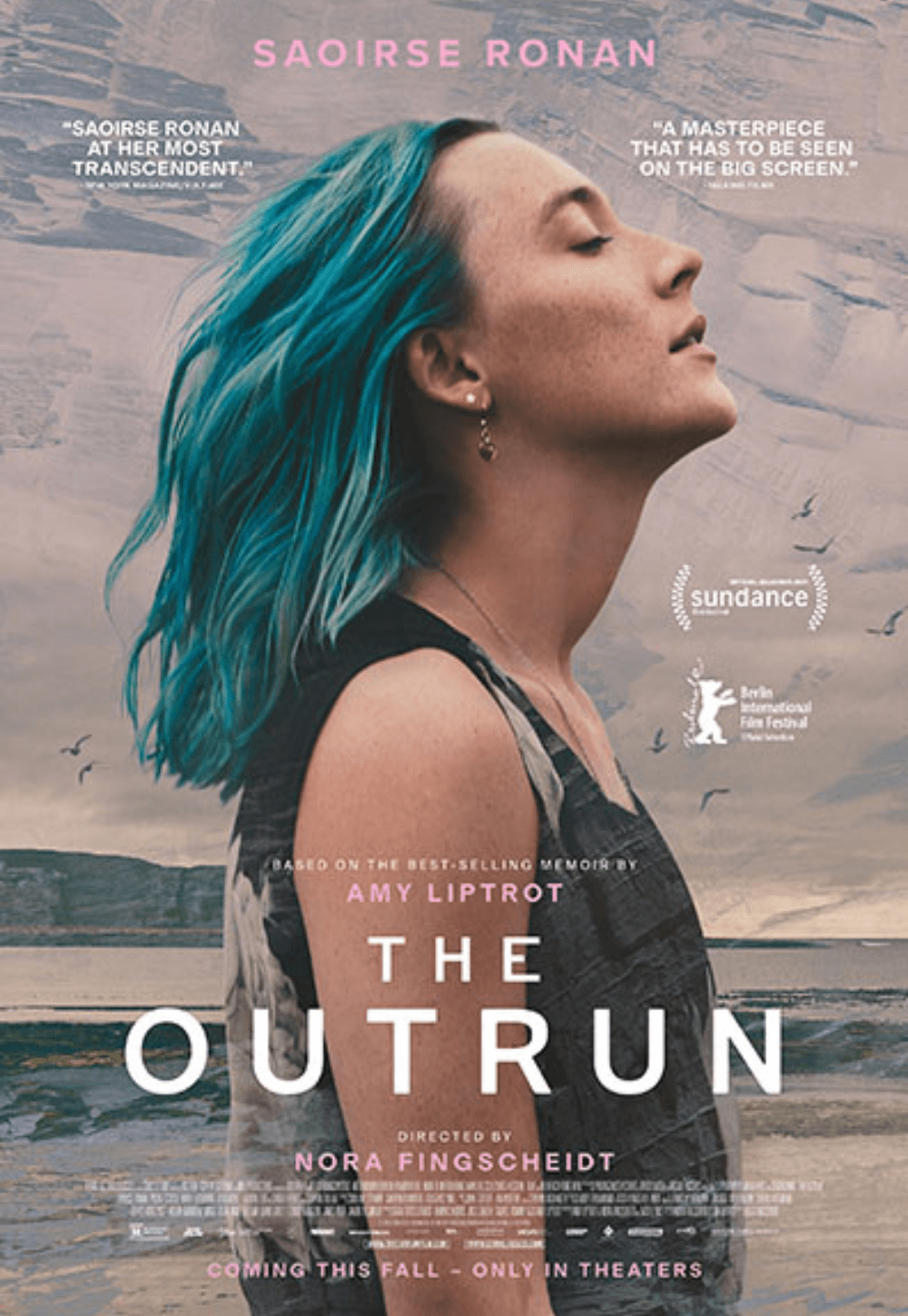
Consider Supporting Deep Focus Review
I hope you’re enjoying the independent film criticism on Deep Focus Review. Whether you’re a regular reader or just occasionally stop by, please consider supporting Deep Focus Review on Patreon or making a donation. Since 2007, my critical analysis and in-depth reviews have been free from outside influence. Becoming a Patron gives you access to exclusive reviews and essays before anyone else, and you’ll also be a member of a vibrant community of movie lovers. Plus, your contributions help me maintain the site, access research materials, and ensure Deep Focus Review keeps going strong.
If you enjoy my work, please consider joining me on Patreon or showing your support in other ways.
Thank you for your readership!
Brian Eggert | Critic, Founder
Deep Focus Review


